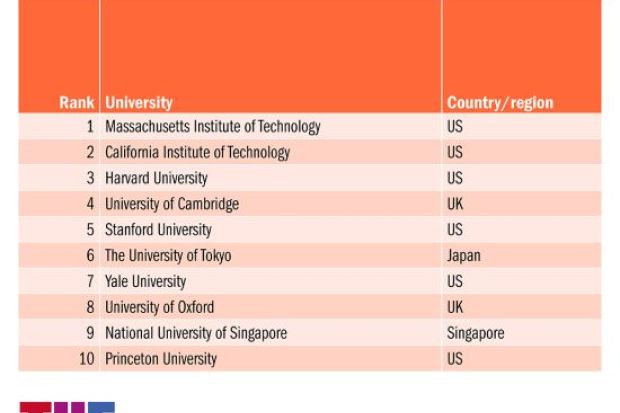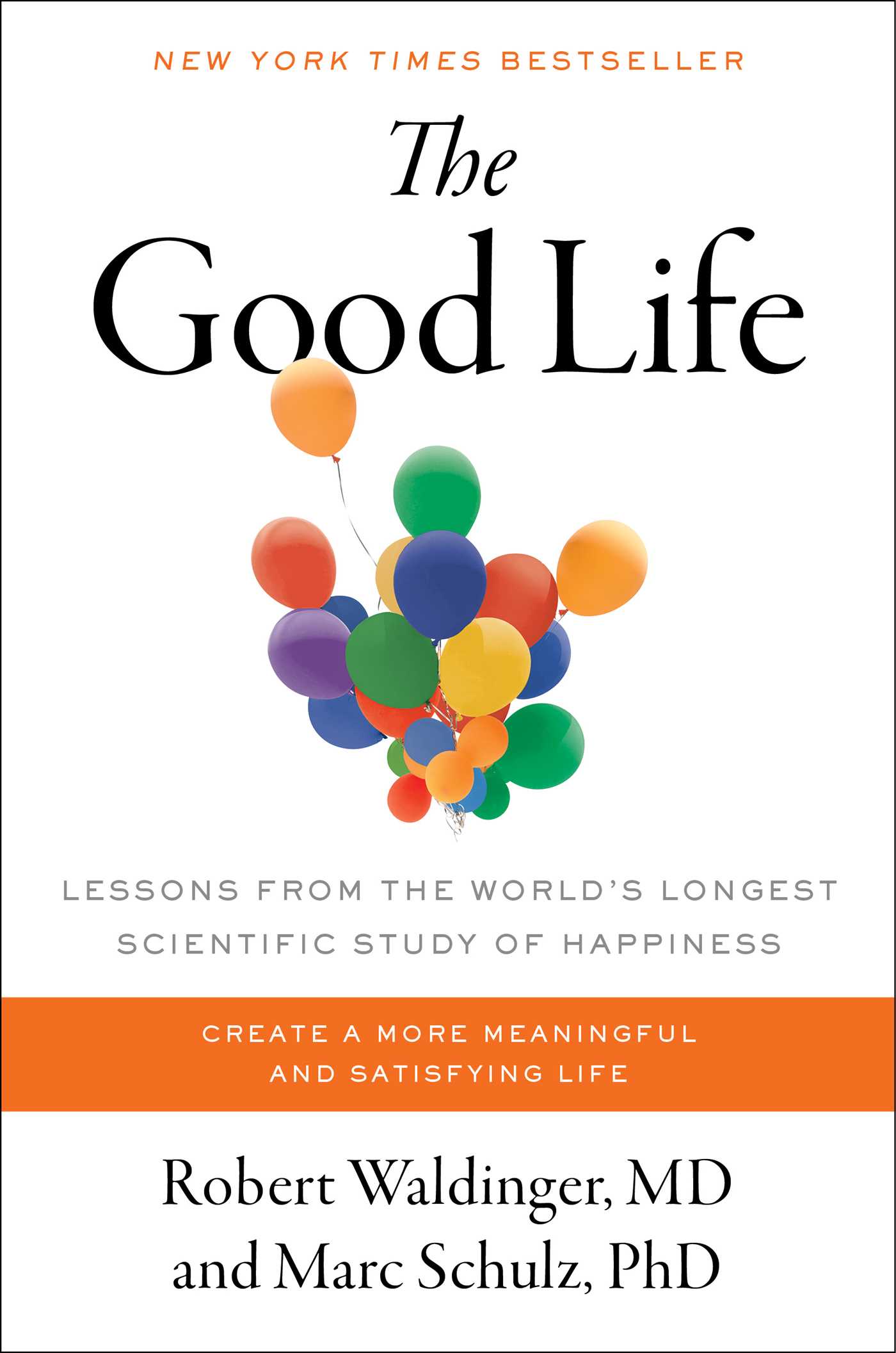The choice between college and university in Australia depends on the individual’s educational goals and preferences. Universities offer a broader range of academic programs, while colleges may provide more vocational or specialized training.
Choosing the right tertiary education institution in Australia is essential for your academic and career aspirations. Universities are typically larger institutions that offer undergraduate and postgraduate degrees, with a strong emphasis on research and a diverse array of subjects. They cater to students seeking a comprehensive education with potential for academic advancement.
On the other hand, colleges in Australia often focus on practical skills and vocational training, ideal for those looking to enter the workforce with industry-specific qualifications. Students are encouraged to consider their long-term objectives, learning style, and the qualifications needed for their chosen profession before deciding. Navigating the differences ensures you align your education with your ultimate career goals.

Credit: www.facebook.com
Exploring Australian Higher Education
Australian higher education offers diverse options. Colleges often focus on vocational training and diplomas.
- Universities provide undergraduate and postgraduate degrees.
- Colleges are great for hands-on skills.
- Universities offer a broader range of subjects and research.
| Education Level | College | University |
|---|---|---|
| Program Focus | Vocational training | A wide range of academic fields |
| Qualifications | Certificates, Diplomas | Bachelor’s, Master’s, PhDs |
| Duration | Shorter courses | Usually several years |
Education has a rich past in Australia. Both colleges and universities are important. They have evolved to meet learning needs.

Credit: www.timeshighereducation.com
Criteria For Choosing Higher Education Institutions
Choosing between a college or university in Australia hinges on your personal ambitions and academic desires. For those eyeing a specialized vocation, a college offering hands-on training could be ideal. Universities, conversely, suit learners seeking a broader education in academic fields. Aiming for quick entry into the workforce? TAFE institutes and colleges with vocational programs shine in this respect.
Students dreaming of in-depth research should contemplate universities. Such institutions are hotbeds for advanced studies and innovation. Your choice must align with your intended career path and professional development. A clear vision of one’s future role in the industry guides this pivotal decision.
Analyzing The University Experience
Earning a university degree in Australia can unlock numerous doors for young professionals. Access to higher-paying jobs often requires this level of education. With a degree, you have proof of your dedication and expertise. Universities typically offer a more diverse range of subjects than colleges, allowing for greater flexibility in career choices.
Part of the university experience involves thriving campus life. Students engage in various extracurricular activities that foster personal growth and networking opportunities. Joining clubs and societies, participating in sports, and attending events are integral parts of the journey. This involvement enhances teamwork and leadership skills, vital for future employment scenarios.
Considering College Advantages
Many students favor colleges in Australia for their direct approach to learning. Hands-on training in colleges gears students towards real-world tasks. This practical focus ensures that learners can readily apply their skills in the job market. Colleges often establish strong ties with industries, which can be a big plus for students. Industry partnerships open doors to internships and job placements.
Furthermore, these educational institutions offer greater flexibility in course schedules. This setup benefits those who must juggle work and study. Students enjoy tailored programs that align with their personal timelines. Employers appreciate graduates who are well-prepared with practical expertise.
Financial Implications
The cost of education in Australia varies between colleges and universities. Colleges generally have lower tuition fees, making them more accessible. In contrast, universities can be pricier due to a broader range of courses and facilities.
Students should also consider the availability of scholarships and financial aid. These can significantly reduce out-of-pocket expenses. Many universities offer substantial scholarships that cover a portion of the fees. Colleges may offer fewer scholarships but often have lower costs.
| Education Type | Typical Tuition Fees | Scholarship Availability |
|---|---|---|
| College | Lower | Less Common |
| University | Higher | More Common |
The Role Of Reputation And Rankings
The reputation of an educational institution often plays a crucial role in employment opportunities for graduates. Employers may favor applicants from high-ranking universities as these are perceived to produce highly skilled professionals. This perception stems from the belief that renowned universities typically have more rigorous academic standards and excellent career support services.
Rankings can indicate the quality of education, faculty expertise, and research capabilities. As a result, a higher ranking often correlates with better job prospects post-graduation. Nevertheless, it’s important to note that a university’s prestige should not be the sole factor in the decision-making process.
Students should also consider academic interests, campus culture, and location. Personal growth and job readiness can also come from smaller colleges which offer tailored experiences or specialized programs.
Making The Best Choice For Your Future
Choosing between college and university in Australia is dependent on individual educational preferences. Personal learning styles are key in this decision. Some students thrive in hands-on, practical environments often found in colleges. Others excel in research-based and theory-oriented settings, typical of universities.
Engaging with career experts and alumni networks is crucial. Networking enables students to gain insights into real-world job markets. Through alumni experiences, learners can gauge the outcomes of different educational paths. This knowledge significantly aids in making an informed decision that aligns with career aspirations and personal growth.
Students should consider the structure, environment, and outcomes. Assessment is vital before committing to an educational institution. Reflecting on these aspects ensures an educational choice that caters to long-term success and satisfaction.

Credit: www.simonandschuster.com
Frequently Asked Questions Of Which Is Better College Or University In Australia
What’s The Difference Between College And University In Australia?
In Australia, colleges typically offer vocational education and training, while universities provide higher education degrees, like bachelor’s, master’s, and PhDs.
Why College Is Better Than University In Australia?
College in Australia often provides more vocational, hands-on training compared to universities. This practical approach can better suit certain career paths.
Does Australia Say College Or University?
In Australia, the term “university” is more commonly used for tertiary education institutions, whereas “college” often refers to vocational training or secondary schools.
Is It Better To Go To A University Than A College?
Choosing between a university and a college depends on your learning style and career goals. Universities often offer broader research opportunities and degree programs. Colleges may provide more personalized education and smaller class sizes. Evaluate your priorities to decide which suits you best.
Conclusion
Deciding between college and university in Australia hinges on individual goals. Both offer distinct paths to personal growth and career success. It’s essential to weigh each institution’s programs, culture, and potential outcomes. Consult educational counselors and work towards an informed decision for your future.
Remember, the choice is yours to make, and it’s a stepping stone to achieving your aspirations.

